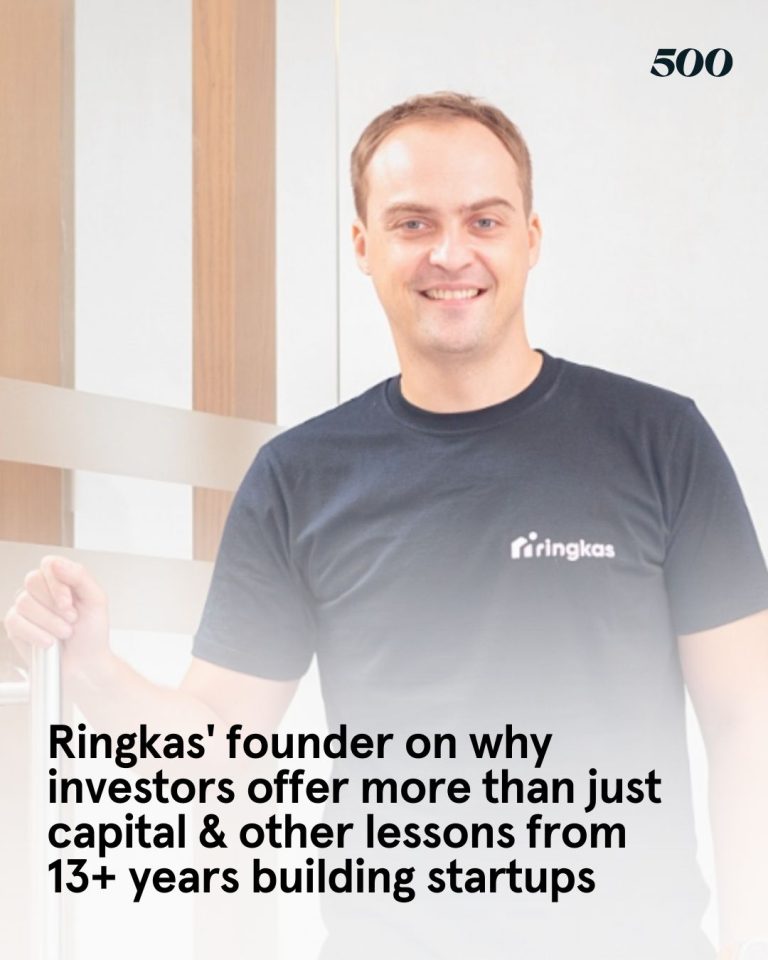Scooting made safer, smarter, and more sustainable
- Micromobility gets a big bump! 500-backed startup Neuron Mobility raised a US$43.5M Series B to invest in its proprietary technology and strengthen its presence in existing markets.
- Since its launch in 2016, Neuron has expanded internationally to 26 cities across Australia, New Zealand, South Korea, the United Kingdom, and Canada. Co-founder & CEO Zachary Wang said that the startup will focus on cities that want an exclusive or semi-exclusive relationship with operators.
- “Our view is the market should be regulated with a limited number of operators,” Zachary told TechCrunch. “That’s the only way to run both a sustainable business as well as a responsible service in a city in the long run.”
- What sets Neuron Mobillity apart from all the other micromobility operators? Neuron designs and manufactures its own e-scooters, rather than purchase them off the shelf.
- “We have always been taking the more painful path of developing upstream technologies, hardware, software, IoT,” Zachary explained. “It would have been much easier to buy that all from somebody else, but we deliberately took that path and now we’re seeing the fruits of our labors.”
- Congratulations to the Neuron team!
- Read the full story on TechCrunch.
Challenging the status quo
- Speaking of mobility, cycling is another mode of transport that has been gaining popularity in recent years. 500-backed insurtech startup Laka was named as an innovative cycling brand to watch by the Cyclist.
- Laka turns traditional insurance on its head by devising a model that brings in revenue for the company only when it pays out insurance claims. It calls this ‘crowd insurance’.
- How does it work? At the end of each month, the cost of claims is split among customers, with the individual’s maximum premium capped at around the market rate. Fewer claims mean everyone pays less.
- The goal is for everyone to get to pay cheaper insurance that is more likely to pay out.
- Read the full feature here.
Making sense & sales of data
- Today, most brands expect the lion’s share of sales to come from online sources. However, small to medium businesses struggle with profitability, the ability to harness the right digital tools, and fierce competition online.
- For these very reasons, 500-backed iPrice Group launched the iPrice Sellers Club. What sparked the idea? In 2021 alone, the company saw more than 125 million unique users searching for better deals with specific products in mind.
- So, iPrice tapped into the opportunity to leverage its deep user insight to help small to mid-sized businesses. The club is a win-win solution that drives high-quality, interested buyers to sellers, significantly lowering their online marketing costs, while bringing better prices to consumers.
- “The advertising market in SEA is ripe for disruption. We are leveraging our unique proprietary data to bring targeting to another level,” said iPrice Group Founder David Chmelař.
- “Via our existing partnerships with big marketplaces like Lazada, Shopee, and Tokopedia, oftentimes there is not even a need to open a separate store – we can get you started in minutes, while you continue to manage your inventory through these platforms,” he added.
- Read the full article in Branding in Asia.




